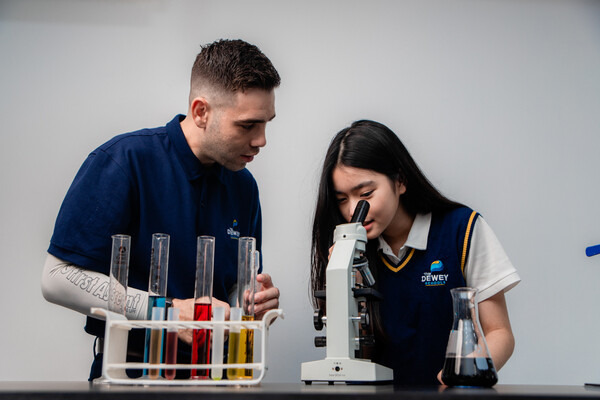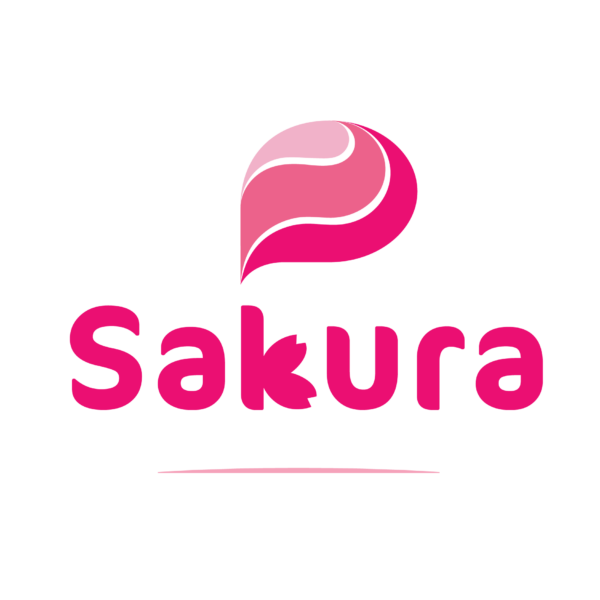As children transition from early adolescence into their teenage years, their educational needs evolve. Parents of students aged 12 to 17 often seek learning environments that not only impart knowledge but also prepare their children for the complexities of the modern world. One such approach gaining prominence is Project-Based Learning (PBL), particularly within international schools. But why does PBL matter for your teenager?

What Is Project-Based Learning?
Project-Based Learning is an instructional methodology where students engage in extended, interdisciplinary projects that require them to investigate and respond to complex questions, problems, or challenges. Unlike traditional learning, which often focuses on rote memorization, PBL emphasizes active exploration and real-world application of knowledge.
Why PBL Matters for Your Teenager
1. Development of Critical Life Skills
In today’s rapidly changing world, it’s essential for students to acquire skills that go beyond academic knowledge. PBL fosters:
- Critical Thinking & Problem-Solving: Students tackle real-world issues, developing the ability to analyze situations and devise effective solutions.
- Collaboration & Communication: Working in teams enhances interpersonal skills and the ability to articulate ideas clearly.
- Time Management & Self-Discipline: Managing long-term projects teaches students to prioritize tasks and meet deadlines.
These competencies are invaluable as students prepare for higher education and future careers.
2. Engagement with Real-World Issues
PBL connects classroom learning to real-world contexts, making education more relevant and engaging. For instance, students might work on projects addressing environmental sustainability, social justice, or technological innovation. This approach not only deepens understanding but also instills a sense of purpose and responsibility.
3. Preparation for Global Citizenship
International schools often emphasize global awareness and cultural competence. PBL naturally aligns with these goals by encouraging students to explore global challenges and collaborate with peers from diverse backgrounds. This exposure broadens perspectives and prepares students to navigate and contribute to a global society.
4. Enhanced Academic Performance
While PBL is inherently student-centered, research indicates that it can lead to improved academic outcomes. Students engaged in PBL often demonstrate better retention of knowledge, higher motivation, and a deeper understanding of subject matter. The hands-on nature of PBL makes learning more memorable and meaningful.
5. Alignment with International Curricula
Many international schools, including those offering the International Baccalaureate (IB) program, integrate PBL into their curricula. The IB’s emphasis on inquiry-based learning and interdisciplinary connections complements the principles of PBL, providing a cohesive and enriching educational experience.
How to Support Your Teen in a PBL Environment
As a parent, you play a crucial role in your child’s PBL journey:
- Encourage Curiosity: Support your teen in asking questions and exploring topics that interest them.
- Foster Independence: Allow your child to take ownership of their projects, guiding them to manage their time and resources effectively.
- Promote Reflection: After project completion, discuss what your teen learned, the challenges faced, and the skills developed.
By actively participating in your child’s learning process, you reinforce the value of education and lifelong learning.
How The Dewey Schools Implement Project-Based Learning
At The Dewey Schools, Project-Based Learning (PBL) is one of four educational methodologies for students from primary to high school. Emphasizing a student-centered methodology, Dewey empowers learners to take ownership of their education by engaging in meaningful projects that bridge classroom concepts with real-world applications. Through carefully designed units, students are encouraged to explore topics that matter to them and apply interdisciplinary knowledge to solve authentic challenges. Whether it’s developing sustainable solutions, analyzing societal issues, or creating innovative products, students at Dewey gain not only academic proficiency but also essential life skills like critical thinking, collaboration, and creative problem-solving. This hands-on approach reflects the school’s mission to cultivate independent, reflective, and globally minded individuals prepared for the future.
Conclusion
Project-based learning offers a dynamic and effective approach to education, particularly for students aged 12 to 17. It equips them with essential skills, connects learning to real-world contexts, and prepares them for the challenges of the future. If you’re considering an international school for your teenager, exploring institutions that implement PBL can provide them with a comprehensive and forward-thinking education.


























